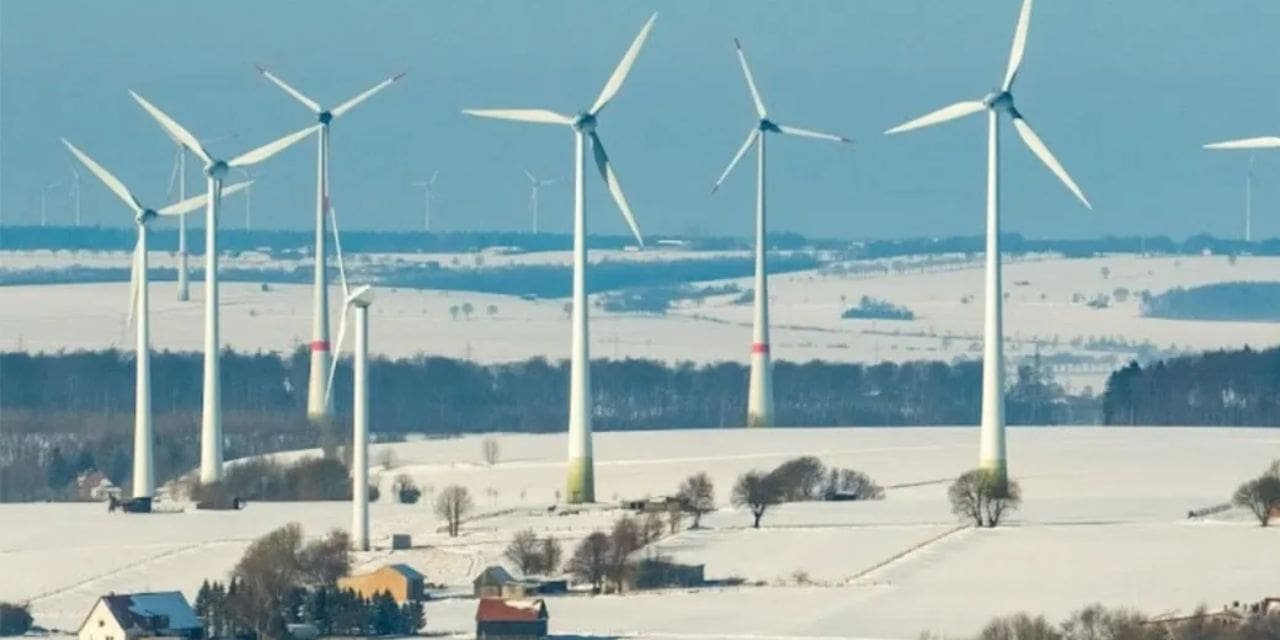According to a study by London-based independent energy think-tank Ember, almost all the European Union (EU) member states cut their electricity usage over the winter, however few did so to the voluntary 10% reduction target established by emergency EU legislation.
In the five-year average, the demand for electricity across the entire EU decreased by 6%, resulting in electricity savings of €12 billion from November of last year to March of this year.
These demand reductions helped ensure supply security, freed up gas for other uses, and stopped the use of coal for energy production. Energy and climate data analysts Chris Rosslowe, Harriet Fox, and Sarah Brown, the program lead for Europe, wrote the report for Ember.
Due to a significant decline in power consumption, which resulted in a 12% annual decline in fossil fuel generation, renewable energy sources grew to first surpass the share of fossil fuels in the EU’s electricity mix.
Between October and March, renewable energy sources made for 40% of EU generation, while fossil fuels accounted for 37%.Compared to the winter before, gas and coal power both decreased by 13%.
15 of the 18 EU nations that still generate electricity from coal in winter 2022 did so at a lower rate than they did at the same time last year.
Only Italy, Finland, and Hungary increased their coal production. According to the experts, “returning” coal plants only operated on average at 27% of their maximum capacity during the winter.
Emergency In accordance with EU rules, peak-hour power consumption must be reduced by 5% starting in October 2022. Hourly data from this winter and the five winters before it, along with ember analysis, show that the majority of member states succeeded in this.
By taking these steps, system adequacy risks were almost probably reduced, petrol consumption was decreased, and the likelihood of even more significant price spikes was constrained.
The authors pointed out that now that Europe has successfully weathered this winter and significant supply disruptions have been avoided, it is obvious that the threatened coal resurgence did not occur.
By:Mansi Patil

